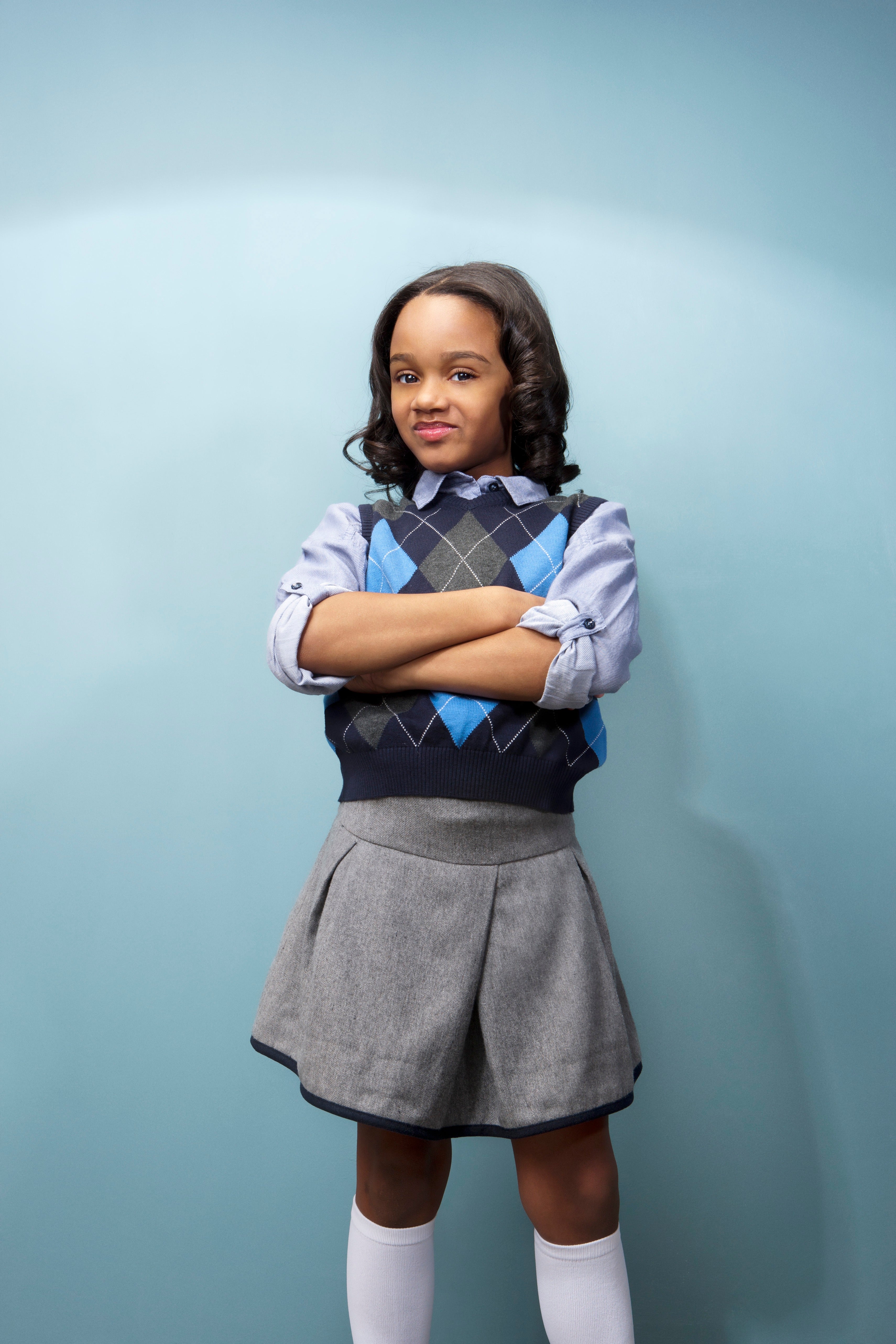
Last week, my co-worker sent me a YouTube clip of “Baby Beyonce,” a video that received more than 600,000 views. The video begins with a father sitting on the living room floor, introducing an upcoming show. The intro to Beyonce’s “Crazy in Love,” drops, and a diapered child emerges from a TV cabinet. Once upright, she turns her small tush to the camera and begins to mimic Beyonce’s booty pop. Her father excitedly waves his arms behind her, playing the ultimate hype man. Recently, the family won a $10,000 prize from “America’s Funniest Home Videos” for the clip.
Unfortunately, I’ve been privy to many more videos like this, from a lil’ girl recounting with alarming accuracy the sounds from her parents’ bedroom (replete with the father encouraging her to make the noises over and over), to two children under the age of ten grind-dancing on each other (while an adult off-camera laughs), no doubt recreating how they’ve seen adults or older teens behave.
Admittedly, all the kids are adorable, chubby-cheeked and bright-eyed. And while they are innocent to what their adult talk and actions mean, I find nothing funny about a child imitating a grown woman’s salacious bottom jiggling, or a child making sex noises, or children simulating sex. At best, it’s disturbing. And further, with the tacit approval of their parents, it sends the message that this behavior okay. And it’s not.
Children need solid and consistent examples of what is acceptable. And sanctioning sexy dancing and sexy talk to children, then trying (if you have sense) to curb it when they become hormonal teenagers, doesn’t do that. You can’t reasonably cheer your daughter on for p-popping, then wonder, years later, how she ended up in clear heels in the Champagne Room. And you can’t encourage kids to go through the motions of sex, and then wonder less than a decade later why they’re teenage parents.
Children get enough mixed messages that parents can’t protect them from. Unless your flat-screen is tuned to all-Dora and Diego, you don’t have Internet access, and your radio stays off, kids can’t miss seeing or hearing the sights and sounds that are made-for-adults that are too accessible to their impressionable minds. Even under the most watchful parental eye, kids will see and do what they should not.
That’s why it’s the overwhelmingly important role of parents to set the tone for what is, and more importantly isn’t, acceptable. And co-signing a kid’s fast behavior? Completely unacceptable. Even when you think it’s funny.
Demetria L. Lucas is the Relationships Editor at ESSENCE and the author of “A Belle in Brooklyn: The Go-to Girl for Advice on Living Your Best Single Life” (Atria) in stores now. Follow her on Twitter: @abelleinbk
